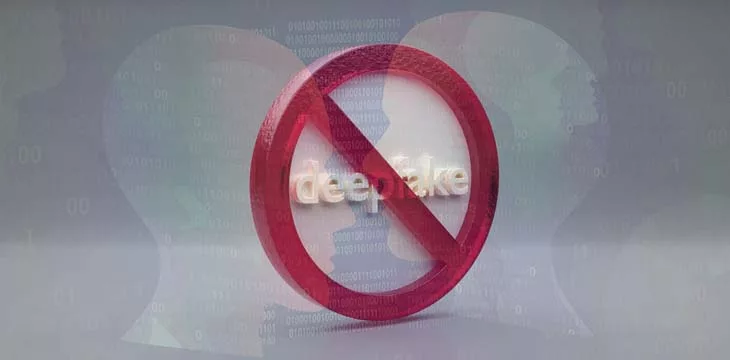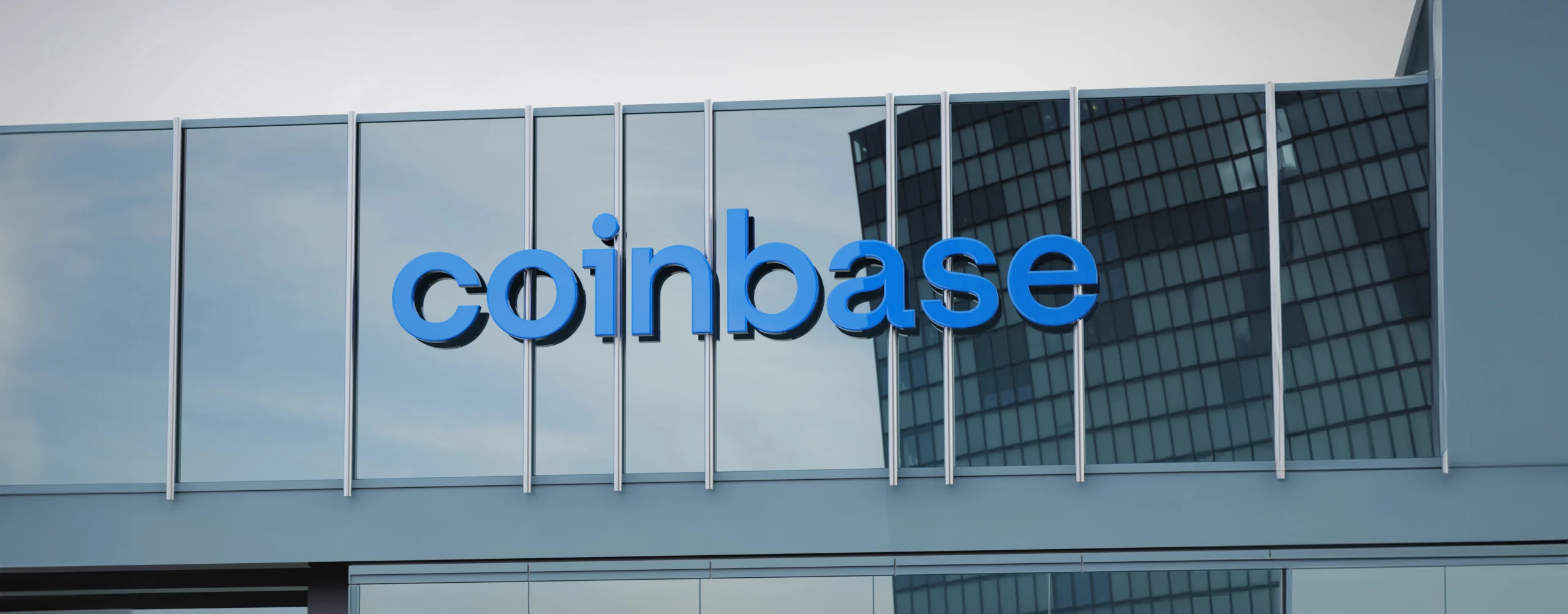|
Getting your Trinity Audio player ready...
|
A trio of camera manufacturers is making a concerted effort to introduce new techniques to crack down on the proliferation of deepfakes fuelled by artificial intelligence (AI).
Nikon (NASDAQ: NINOF), Sony (NASDAQ:SNEJF), and Canon (NASDAQ: CAOEF) are developing new systems for their incoming range of cameras to insert digital signatures into images during capture, Nikkei Asia reported. The firms say embedding digital signatures directly from the cameras is the best route to deal with the scourge of deepfakes and identify AI-generated content.
Nikon’s offering will see the introduction of mirrorless cameras with “tamper-resistant digital signatures” for professionals using their devices. The digital signatures will contain information on the timestamp, location, date, and photographer’s name to distinguish real photographs from deepfakes.
Sony’s solution will see it roll out the firmware for only its professional-grade cameras with the capability to support embedding digital signatures for users. Canon says it will introduce cameras with authentication features before the middle of 2024, but claims of introducing the feature to videos remain sketchy.
A common denominator across all the offerings is a firm’s strong claim that digital signatures will be tamper-resistant and impervious to editing techniques as an added layer of protection. The trio of camera manufacturers have pledged to collaborate in launching “Verify,” an open platform for users to validate the authenticity of an image.
Images with no digital signatures are immediately flagged on the Verify platform with the initial trio, making the platform free of charge for users. The Verify solution mooted by the firms face the uphill challenge of onboarding more hardware manufacturers to guarantee broader applicability.
Several technology firms have proposed solutions to deal with the challenge of deepfakes, including blockchain and AI-based watermarks. Among the lot, watermarking AI-generated images has caught significant steam with Google (NASDAQ: GOOGL) and Meta (NASDAQ: META) rolling out their watermarking solutions.
However, there are concerns that bad actors may be able to use advanced editing techniques to strip AI-generated photos off their watermarks. Others are concerned by the low accuracy rates of AI detectors launched by AI developers, with previous solutions falling below acceptable standards.
The scourge of deepfakes
As nations grapple with the cons associated with AI, deepfakes have emerged as a significant concern for regulators and consumer protection groups. Experts have identified a surge in misinformation and financial fraud stemming from the unregulated use of deepfakes, costing victims losses running into millions of dollars.
In the U.S., the Federal Elections Commission (FEC) has identified deepfakes as a major target for regulation ahead of the 2024 elections to prevent the misinformation of electorates. Meta and Google have since rolled out internal measures for deepfakes, requiring clear labeling for all political ads with AI elements.
In order for artificial intelligence (AI) to work right within the law and thrive in the face of growing challenges, it needs to integrate an enterprise blockchain system that ensures data input quality and ownership—allowing it to keep data safe while also guaranteeing the immutability of data. Check out CoinGeek’s coverage on this emerging tech to learn more why Enterprise blockchain will be the backbone of AI.
Watch: Certihash Sentinel Node: Improving cybersecurity with blockchain

 02-12-2026
02-12-2026 




